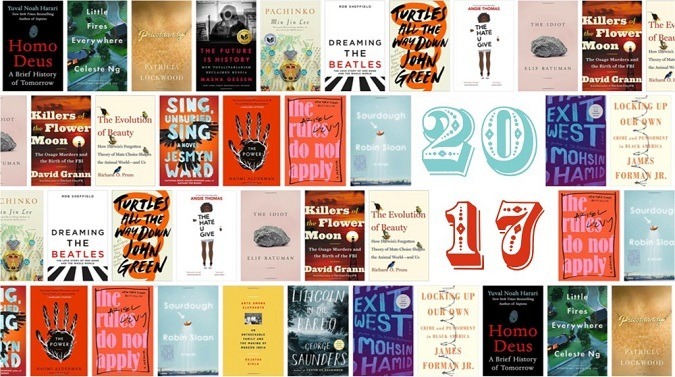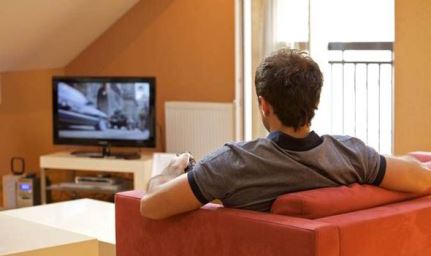Posts Tagged ‘television’
Eight Tips To Understand and Remember What You Read — Especially As You Read Nonfiction
___ Despite Instagram, YouTube, Facebook, Twitter, and television, (or perhaps precisely because of all of them) traditional reading is still an important skill. Whether it is magazines, professional manuals or fascinating books, people still need to read, now and in years ahead. And much of it is nonfiction material, where it’s important to really understand…
Read MoreQuestion: Which is the only common leisure activity that has been associated with reduced cognitive function?
———- Answer: Watching television. Keep reading 20 Must-Know Facts To Harness Neuroplasticity And Improve Brain Health over at The Huffington Post.
Read MoreStudy: High television viewing and low physical activity can significantly worsen long-term cognitive function
. Too much TV, low physical activity may worsen cognitive function (Medical News Today): “The team’s study included more than 3,200 adults aged 18–30…Over 25 years, the researchers recorded participants’ television viewing time and physical activity levels…In the study, high television viewing was defined as more than 4 hours daily, while low physical activity was defined…
Read MoreHow to improve memory skills and remember what you read: Beyond phonics and “whole language”
Despite the increasing visual media we are increasingly exposed to, reading is still an important skill. Whether it is school textbooks, online newspapers or regular books, people still read, though not as much as they used to. One reason that many people don’t read much is that they don’t read well. For them,
Read MoreEight Tips To Remember What You Read
Reading improves cognitive ability. Here are eight tips which will enhance your reading ability.
Read MoreDistracted in the Workplace? Meet Maggie Jackson’s Book
Today we’ll discuss some of the cognitive implications of “always on” workplaces and lifestyles via a fascinating interview with Maggie Jackson, an award-winning author and journalist. Her latest book, Distracted: The Erosion of Attention and the Coming Dark Age, describes the implications of our busy work and life environments and offers important reflections to help…
Read More



